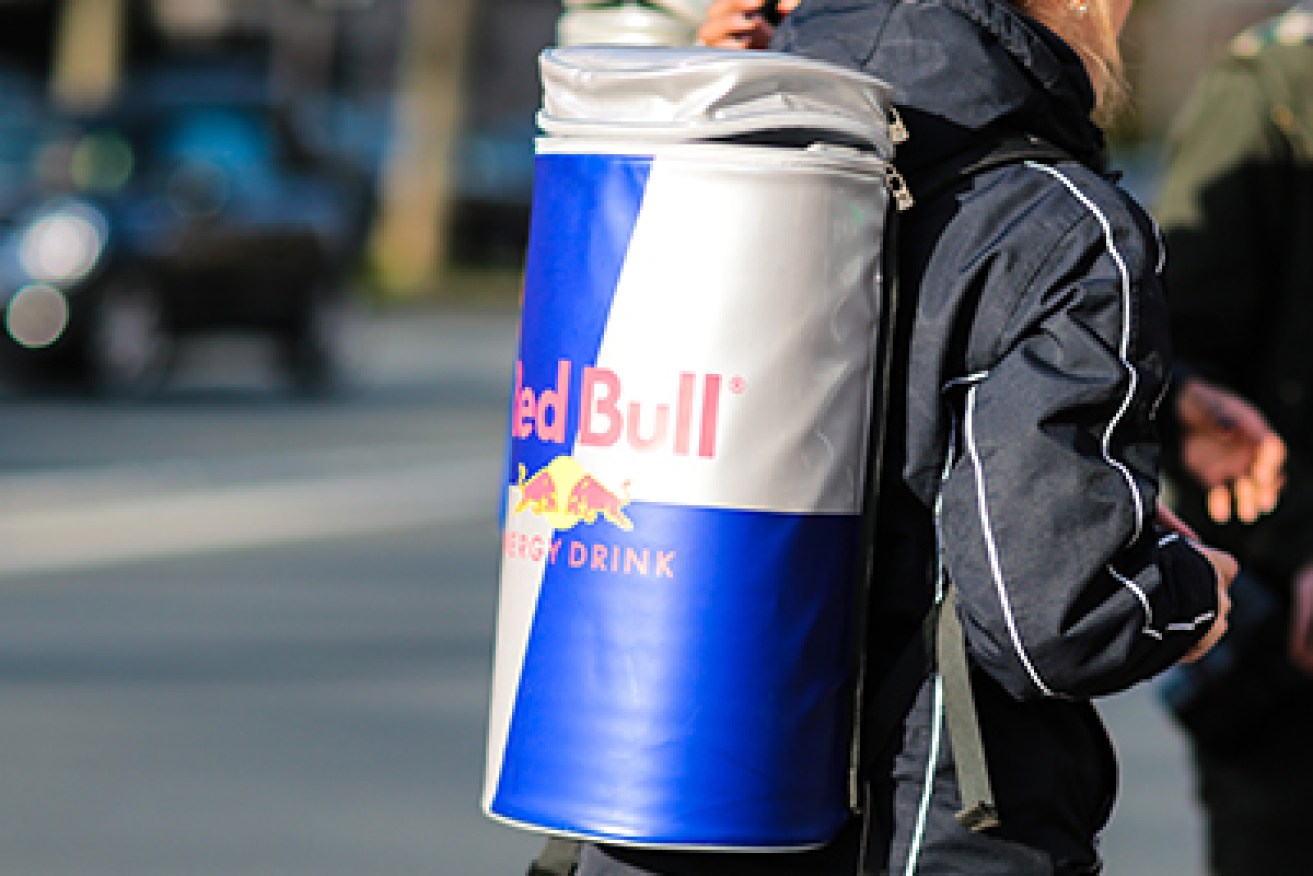‘Approach with caution’: dark side of energy drinks


Energy drinks contain a 'toxic combination' of caffeine and herbal extracts. Photo: Getty
Guzzling caffeinated drinks to keep you going could actually be pumping your heart to unhealthy levels, a new study has found.
Released by the University of Adelaide, research has added to expanding scientific evidence indicating regular consumption of high-caffeine energy drinks should be treated with caution.
It found drinking more than two per day could affect the heart, causing palpitations and an increased heartbeat, by surveying people in a South Australian hospital emergency department.
• Push for age limit for energy drinks
• Why drinking green tea could save your life
• I quit sugar and lived to tell the tale
The findings added to growing concerns among health practitioners and researchers, as the drinks became more popular, University of Adelaide’s Dr Ian Musgrave said.

Energy drinks contain a ‘toxic combination’ of caffeine and herbal extracts. Photo: Getty
“Different brands of energy drinks contain different ingredients, but most of them combine high levels of caffeine with large quantities of sugar as well as vitamins and herbal extracts,” he said.
“When vitamins and herbal extracts are combined together, they can create a toxic combination. Furthermore, the drinks are even more harmful when consumed with alcohol.”
Of those surveyed, even those who were in great health and had no risk factors for heart disease showed adverse reactions.
Those with underlying health problems should be particularly cautious.
“For others, particularly if, for instance, you have an underlying heart problem which you may potentially not be aware of, that could be a major drama for you,” Royal Australian College of General Practitioners vice-president Associate Professor Morton Rawlin told The New Daily.
But heart palpitations were not the only effects, with alertness and brain stimulation among short-term effects, and insomnia, nervousness and headaches among more serious long-term effects.
According to the Australian Drug Foundation, energy drinks typically contain a mixture of caffeine, guarana – which has twice the amount of caffeine as coffee beans – and ginseng, among other things.
Click the owl to see more of the ingredients and their effects
Not all energy drinks are equal – the caffeine content in a 500ml can of Mother (160mg) is similar to that of a 250ml Red Bull (80mg), while a 250ml V has 50mg. By comparison, a 375ml can of cola has between 40mg to 50mg.
The stimulant is the main active ingredient in energy drinks, and is also the most addictive.
“In moderation, no [they are not addictive],” Professor Rawlin said.
“But caffeine, and some of the other ingredients, you can get addicted to and should be taken with caution.
“When you stop it, having had lots of it for a while, you can have withdrawal headaches, and feel pretty lousy.”
A day of sugar … in one can
Blood pressure and stress hormones were also affected by energy drink consumption.
A study, conducted by researchers at the Mayo Clinic, gave 25 participants either a 473ml can of Rockstar energy drink or an identical caffeine-free placebo.

One study found blood pressure and stress hormones rose after an energy drink was consumed. Photo: Getty
For those given the energy drink, there was a 3.5-point rise in their blood pressure, and an increase in norepinephrine, a stress hormone also known as noradrenaline, compared to those who drank the placebo.
Regular consumption, and subsequent frequent increases in blood pressure and the stress hormone, could increase the risk of heart disease, researchers found.
The boost may impact sleep patterns, Professor Rawlin said, although it was a “very variable thing” between individuals.
“If you take it too close to when you are going to go to sleep … it certainly does keep people awake,” he said.
If that wasn’t enough to reconsider the health impacts of energy drinks, the sugar content might.
A 500ml can of Mother or V had more than 50g of sugar – the entire daily recommended intake for the average adult – while a 250ml Red Bull had nearly 30g.
“The higher the sugar content in any food, and these are no different, the more likely you are to have tooth problems and tooth decay,” Professor Rawlin said.
Research on the health effects of high-caffeine drinks is ongoing and it remains unclear which ingredients cause some of the known impacts.









